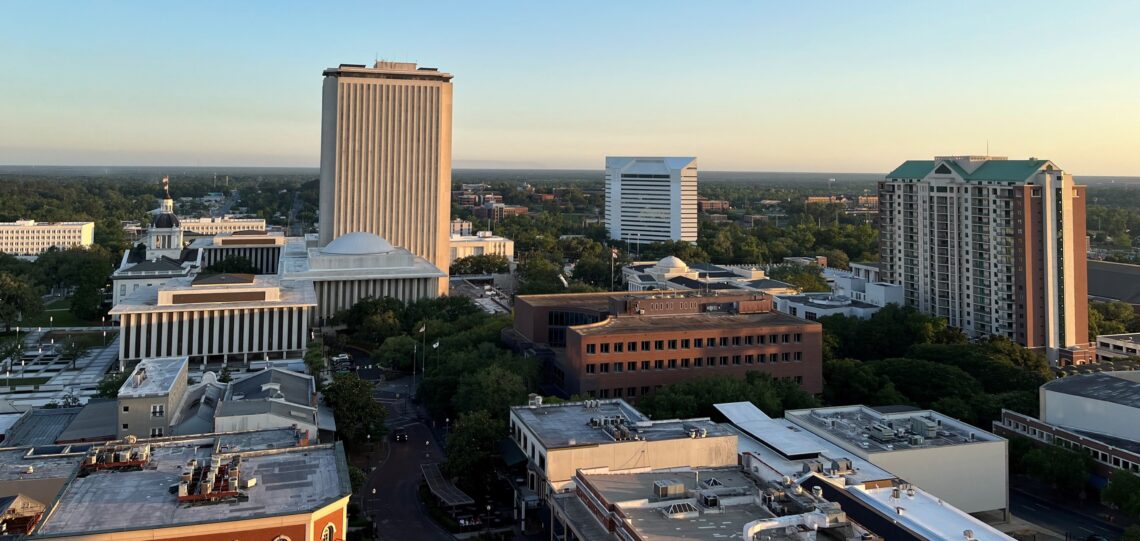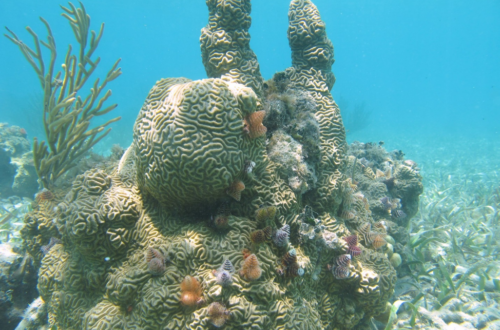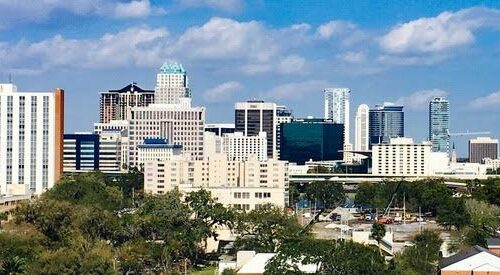With Florida’s 2022 primary elections behind us, the results provide a decisive response to months of speculation about the status of the Sunshine State.
The primary results reflect Floridians’ attempts to seek political answers to issues such as inflation, educational disparities, abortion access and what may be perceived as excessive bipartisanship in government.
Over 3.6 million Florida voters cast ballots, translating to about 25.8% voter turnout — slightly below the 27% turnout in the 2018 primaries.
Take a closer look at statewide, legislative and local races, and the major takeaways.
Statewide
For Florida’s U.S. Senate seat, Republican incumbent Sen. Marco Rubio now knows officially he will face Democrat Val Demings, a current U.S. representative and former Orlando police chief.
Appearing at an event on primary night, Rubio came after her law enforcement background. He said, “When people were in the street burning down cities, [Demings] said ‘Ah, what a beautiful sight.’” He added that he has already received widespread support from police officials and associations across Florida.
In response, Demings said in her victory speech, “We dream of an America where we will do everything in our power to keep dangerous guns out of the hands of dangerous people.” Throughout the speech, supporters could be heard chanting “chief.” Demings did not mention Rubio.
Other statewide races included Democratic primaries for Florida governor and attorney general, as well as primaries on both sides for commissioner of agriculture and consumer services.
The prevailing Democratic nominee for Florida governor is Charlie Crist, a former Republican governor. He became a Democrat in 2012 and has served in the House of Representatives for seven years representing the St. Petersburg area. In a high-profile race, he defeated Florida’s statewide elected Democrat, Agriculture Commissioner Nikki Fried.
Crist faces an uphill battle against Gov. Ron DeSantis, who has over $130 million supporting his reelection compared to the $14 million raised by Crist throughout this entire election cycle.
Next, incumbent Republican Attorney General Ashley Moody will face former State Attorney Aramis Ayala. Ayala drew attention in 2017 when she pledged to not seek the death penalty, angering GOP elected officials and leading then-Gov. Rick Scott to reassign dozens of her cases.
The race for agriculture commissioner will feature Republican Florida Senate President Wilton Simpson, an egg farmer, against Democratic pastor and businesswoman Naomi Blemur. Recently, Blemur lost endorsements from many Democrats because of past Facebook posts calling abortion a sin and defending anti-LGBTQ stances.
Rounding out the Florida Cabinet, both nominees for chief financial officer were unopposed in their primaries. Incumbent Republican Jimmy Patronis will attempt to defend his seat from former state Rep. Adam Hattersley, D-Brandon, a U.S. Navy veteran.
U.S. House
Of the primaries in Florida’s 28 congressional districts, many have been considered toss-ups.
The Orlando seat vacated by Demings — a likely Democratic hold — saw Maxwell Alejandro Frost win on the Democratic side. Frost, 25, would be the first member of Generation Z elected to Congress.
Next door, incumbent Republican Rep. Daniel Webster defeated Trump-backed internet personality Laura Loomer by about seven percentage points. In her election night speech, Loomer said, “I’m not conceding because I’m a winner and the reality is that our Republican Party is broken to its core.” She was met with cheers.
In the Pinellas County seat that leans Republican after redistricting, U.S. Air Force Veteran Anna Paulina Luna cruised to victory with backing from Trump. She will face Eric Lynn, a former Obama senior advisor.
The Orlando district of retiring Democratic Rep. Stephanie Murphy was also redrawn as a likely GOP pick-up. Defense contractor and U.S. Army veteran Cory Mills won the eight-person Republican primary over controversial state Rep. Anthony Sabatini. Mills, however, also shares skepticism of the 2020 election results.
In Miami-Dade County, incumbent Republican Rep. Maria Elvira Salazar will attempt to defend her seat from Democratic state Sen. Annette Taddeo in November.
Florida Legislature
In the 40-member state Senate, there were only 12 contested primaries. Most of the seats featured unopposed candidates who automatically became their party’s nominees. Seventeen primaries were canceled when no one qualified to run in a party’s primary.
One of the most prominent races was in Broward County, where Democratic Senate Minority Leader Lauren Book overcame the unusual circumstance of a member of the same party challenging a party leader.
In the Orlando area, two current Democratic state representatives were pitted against each other in a Senate primary. Geraldine Thompson emerged victorious facing no general election opposition.
There were no major changes to the state Senate’s Republican caucus.
In the Florida House of Representatives with 120 members, only 68 primaries took place.
Most prominent was the upset of incumbent Democratic Rep. James Bush III by attorney Ashley Gantt. She was guaranteed the seat because there is no Republican candidate.
Local
In an unusual move, DeSantis chose to spend resources on campaigning in school board races.
Education has become an issue at the forefront of national elections after the pandemic caused students to take classes from home, leading many parents to voice grievances with the curricula they witnessed.
DeSantis’ strategy proved effective, causing eight incumbents to be unseated by his candidates.
Major takeaways
In the gubernatorial primary, Florida Democrats chose the “happy warrior” Crist over a fighter who has drawn controversial attention. However, this may be the furthest that trend can be seen.
Looking down the ballot, both sides of the aisle nominated partisan fighters over those perceived to be in the ‘establishment,’ reflecting an apparent discomfort with imperfect compromises.
Issues that motivated voters include the economy, education and reproductive rights. It seems that voters in both parties are stubborn with the inability to enact change on these issues, as inflation remains high and abortion remains banned in many cases in Florida.
This year will hold the first Florida election in living memory when Republicans outnumber Democrats in registered voters. Florida’s status as a swing state has been questioned, yet we can expect both parties to fight hard with fiery messages and millions of dollars.
Based on their respective issues, both parties will leave it all on the field for every vote — and that includes yours.
Florida’s voter registration deadline is Oct. 11, and Election Day is Tuesday, Nov. 8.
Check out other recent articles from the Florida Political Review here.
Featured image: Downtown Tallahassee. Photo by Andy Shodell.





